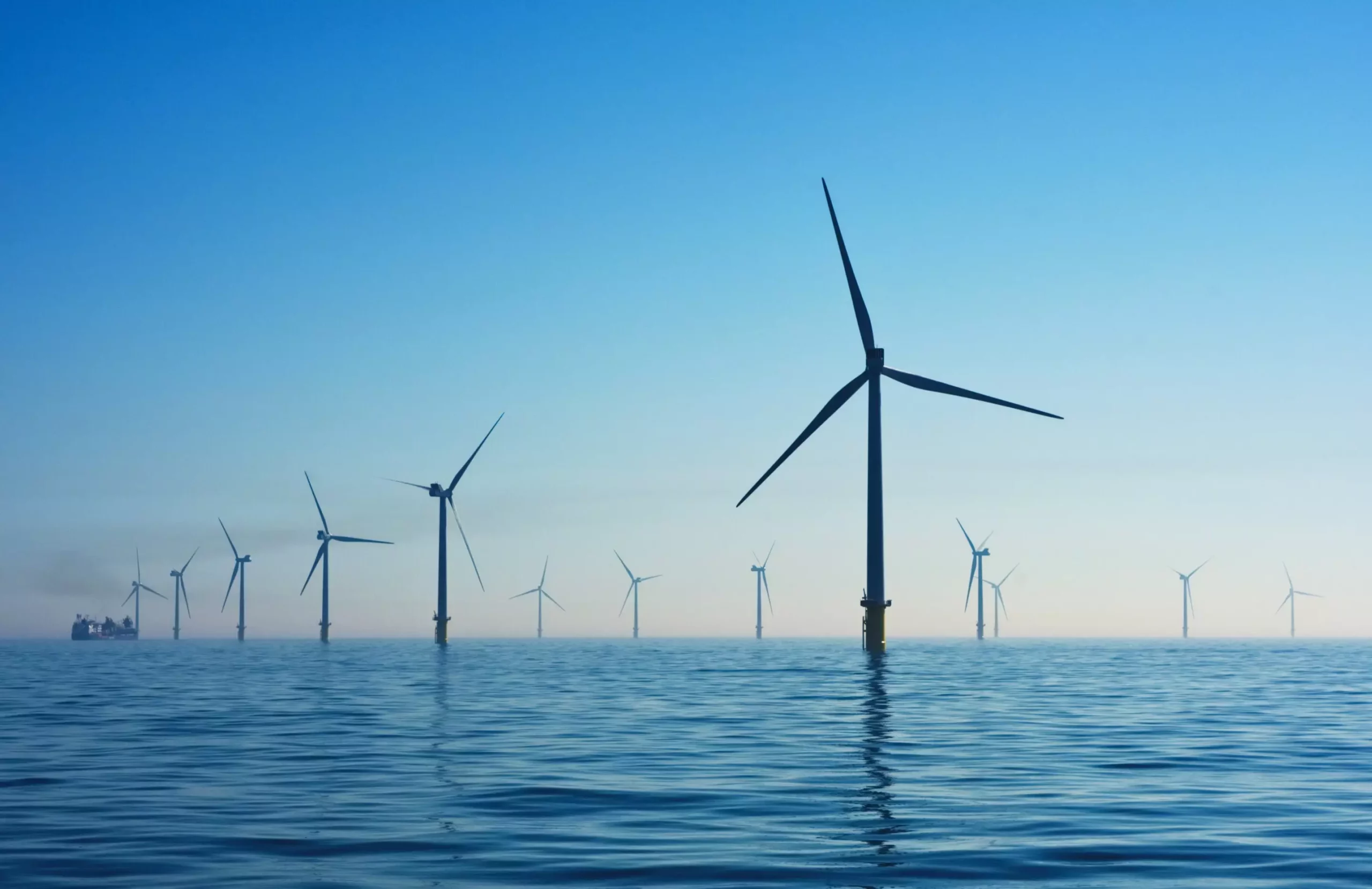In recent times, the debate surrounding offshore wind projects has taken a critical turn, particularly for the residents of Nantucket. The local community group, ACK For Whales, has escalated its legal battle against the federal government by petitioning the Supreme Court to revise a lower court’s decision. This appeal centers on the acceleration of approvals for offshore wind farms without adequately considering the detrimental impacts on the ocean ecosystem, especially concerning endangered species. Following a notable turbine blade failure at Vineyard Wind, Nantucket found itself at the forefront of a discussion that entwines environmental conservation with renewable energy initiatives.
The recent tensions have illuminated the often polarizing intersection of environmental advocacy and the push for renewable energy. The First Circuit Court of Appeals upheld a lower court’s decision, which dismissed ACK For Whales’ concerns regarding the Endangered Species Act (ESA). The court favored the federal agencies’ interpretation over that of local residents, thus intensifying local frustrations. ACK For Whales argues that allowing the planned 62-turbine, 806-megawatt wind farm to proceed without a comprehensive environmental impact review poses significant risks to the critically endangered North Atlantic right whale.
The implications of the legal decisions made thus far cannot be understated. ACK For Whales has underscored a profound concern: the need for federal agencies to adhere to the dictates of the Endangered Species Act. This concern emphasizes that when evaluating projects that may impact endangered wildlife, the “best available scientific and commercial data” should always guide policy decisions. As stated by Vallorie Oliver, President of ACK For Whales, federal efforts to accelerate wind project approvals seem to have overshadowed their legal obligations. The ramifications of decisions made without thorough analysis could have dire consequences for marine ecosystems.
The March 2023 turbine blade failure serves as a catalyst for these discussions. Advocates warn that such failures signal deeper issues within the oversight and regulation of offshore wind projects. Critics argue that this incident, alongside evidence of the potential harm to marine life, showcases the urgency for a moratorium on wind developments until a thorough investigation can occur. ACK For Whales’ demands echo a broader call for accountability in an era where sustainable innovation often seems to compromise ecological integrity.
As ACK For Whales navigates the complexities of the legal system, the group’s attorneys have pointed to the Supreme Court’s recent Loper Bright decision, which could reshape future interpretations of administrative law. This landmark ruling may empower courts to take a more active role in reviewing the decisions of federal agencies, which could potentially alter the trajectory of how environmental statutes like the ESA are interpreted. Historically, deference has often been given to federal interpretations, but this new precedent may signify an opportunity for greater scrutiny when agencies forego rigorous examination in favor of expeditious approvals.
Nancie Marzulla, representing ACK For Whales, articulates a compelling argument regarding the need for courts to reclaim their authority over statutory interpretations. Highlighting the inherent legal disconnect in deferring to agencies that may prioritize political expediency over scientific integrity signals a critical inflection point in this ongoing debate.
This situation underscores a pivotal question: how do we balance the urgent demand for renewable energy with the stringent need for environmental protections? As the world increasingly pivots towards sustainability, the rapid implementation of offshore wind projects must not come at the expense of endangered species and fragile ecosystems.
Nantucket’s plight serves as a microcosm for broader national discussions about renewable energy deployment. It invites consideration of more comprehensive and transparent processes that incorporate local voices and scientific evidence into the decision-making apparatus. Stakeholders, including fishermen and conservationists, must collaborate proactively to address concerns, rather than being sidelined in favor of large-scale political projects.
The landscape of offshore wind development is one that carries incredible promise for clean energy, but it is equally fraught with ecological duties and responsibilities. As ACK For Whales seeks intervention from the Supreme Court, they symbolize not only a local struggle but a growing national imperative: to ensure that the transition to renewable energy does not jeopardize the environmental treasures that must be protected for future generations.


Leave a Reply